When you are sick, you are at risk of becoming dehydrated if you have any of the following symptoms:
- Vomiting/throwing up.
- Diarrhea.
- Eating or drinking less than normal.
- Getting dizzy when standing up.
- Losing more than 3 kgs or 7 lbs in the previous 2 days.
What can you do:
-
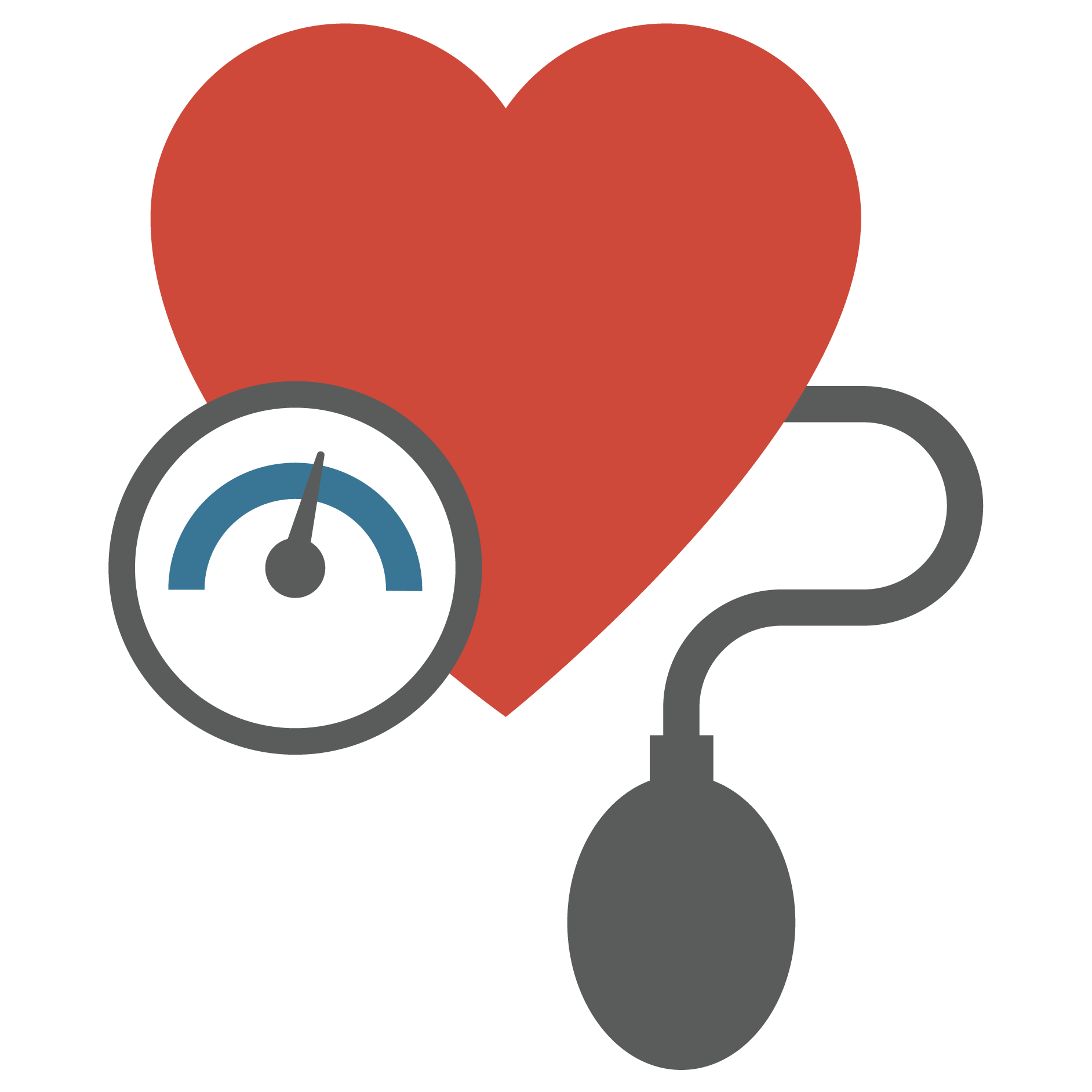 To manage low blood pressure: increase fluid intake and limit caffeine (such as coffee, tea, energy drink, etc.). You could consider drinking electrolyte replacement solutions like Gatorade or Pedialyte.
To manage low blood pressure: increase fluid intake and limit caffeine (such as coffee, tea, energy drink, etc.). You could consider drinking electrolyte replacement solutions like Gatorade or Pedialyte. -
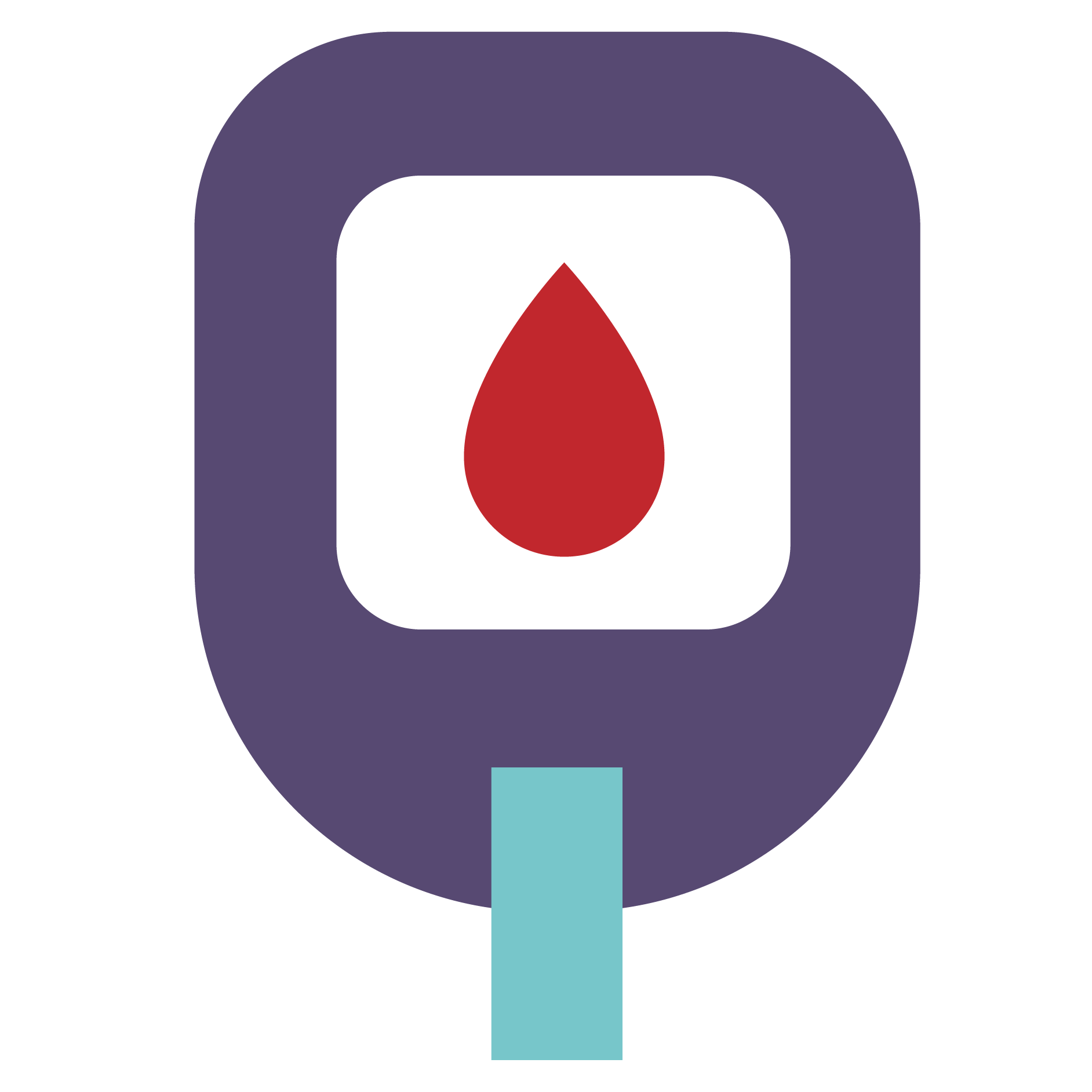 If you are taking insulin: it is advised that you monitor your blood sugars more frequently (every 4-6 hours) while awake for the duration of your symptoms.
If you are taking insulin: it is advised that you monitor your blood sugars more frequently (every 4-6 hours) while awake for the duration of your symptoms. -
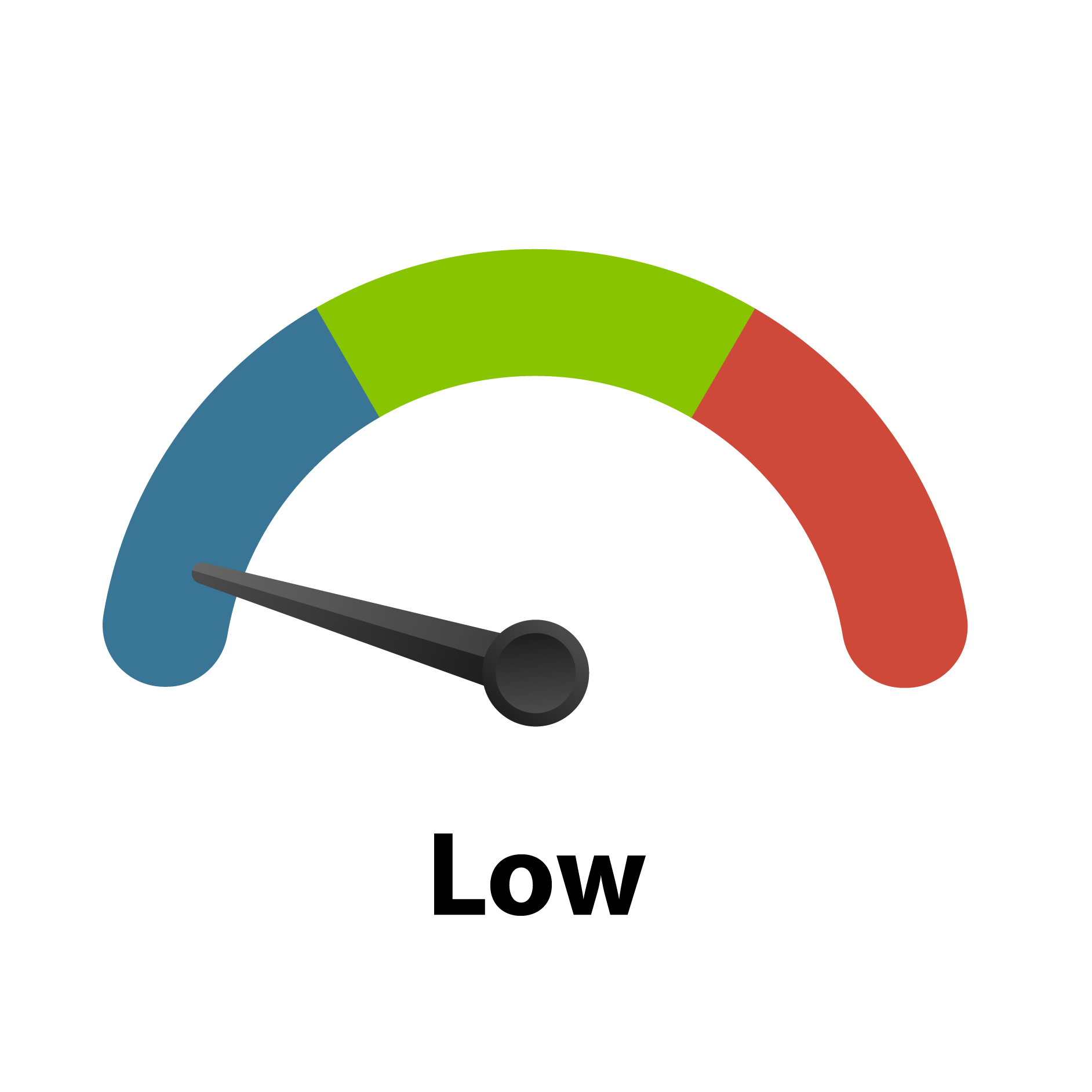 If you are experiencing low blood glucose levels, it is advised that you reduce the doses of your insulin until your blood glucose levels recover
If you are experiencing low blood glucose levels, it is advised that you reduce the doses of your insulin until your blood glucose levels recover -
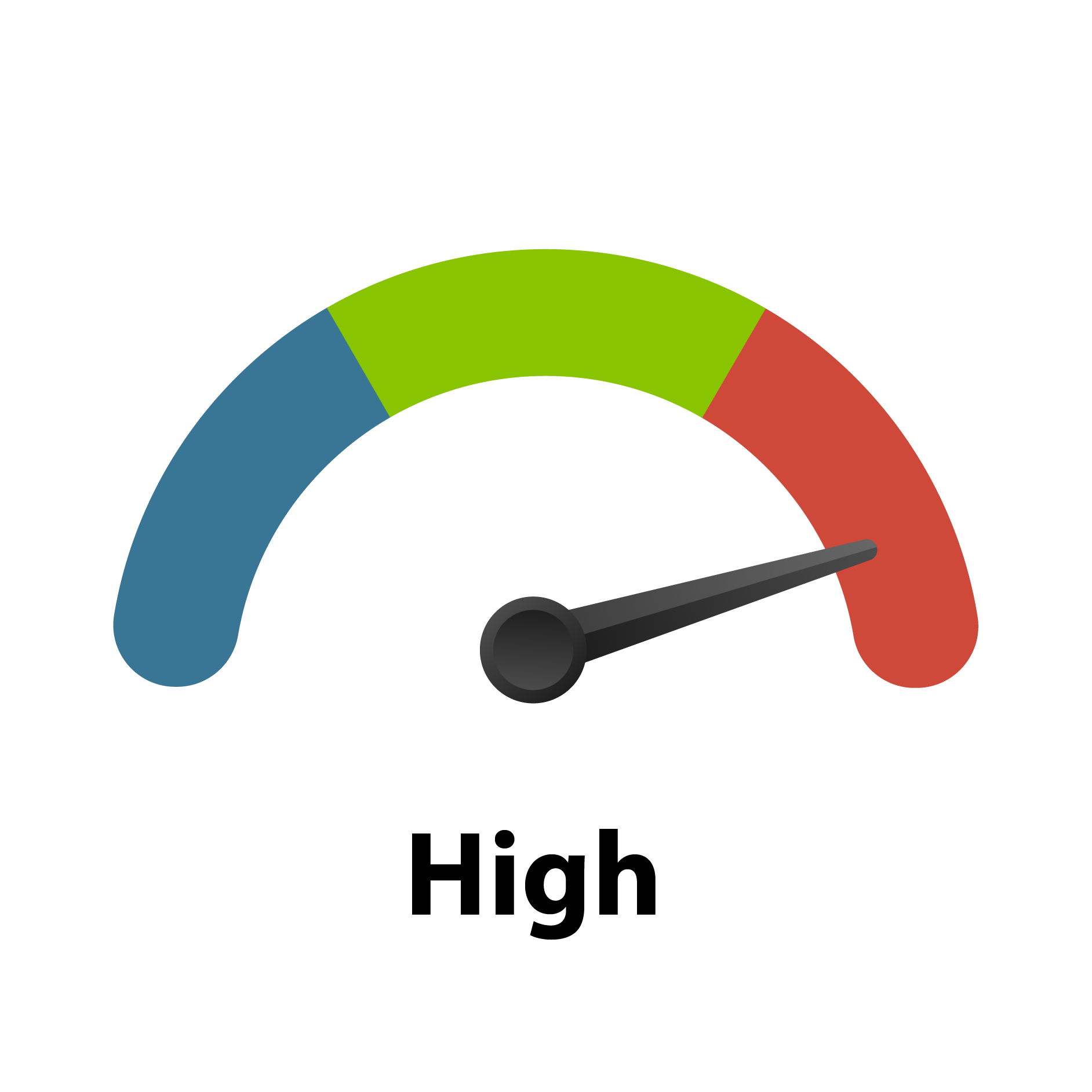 If you are experiencing high blood glucose levels, it is advised that you increase your basal and bolus insulin doses by 10-20% until your blood glucose levels recover.
If you are experiencing high blood glucose levels, it is advised that you increase your basal and bolus insulin doses by 10-20% until your blood glucose levels recover.
When you are sick, it is recommended to temporarily pause the medications below until you are eating and drinking normally again:
Click each icon for more information:
Remember to continue taking these medications again once you are feeling well again.
Call your healthcare team (Pharmacist, Doctor, Nurse Practitioner, Nurse, Dietitian) or 811 if:
-
You have been throwing up or have had diarrhea, and/or fever (temperature higher than 38 C or 101 F) for more than 3 days
-
You are unable to keep fluids down (e.g., you have thrown up or have had bouts of diarrhea more than 4 times in 12 hours)
-
You have had 3-4 blood sugar readings in the past 24 hours that have been too high or low despite treatment/adjustment
-
You measure blood ketones and the readings are moderate to high
-
You measure blood pressure and your systolic (the top number) is below 80 mmHg
Call 811 or go to an Urgent Care Centre if:
-
You feel drowsy or confused
-
You have rapid or difficulty breathing
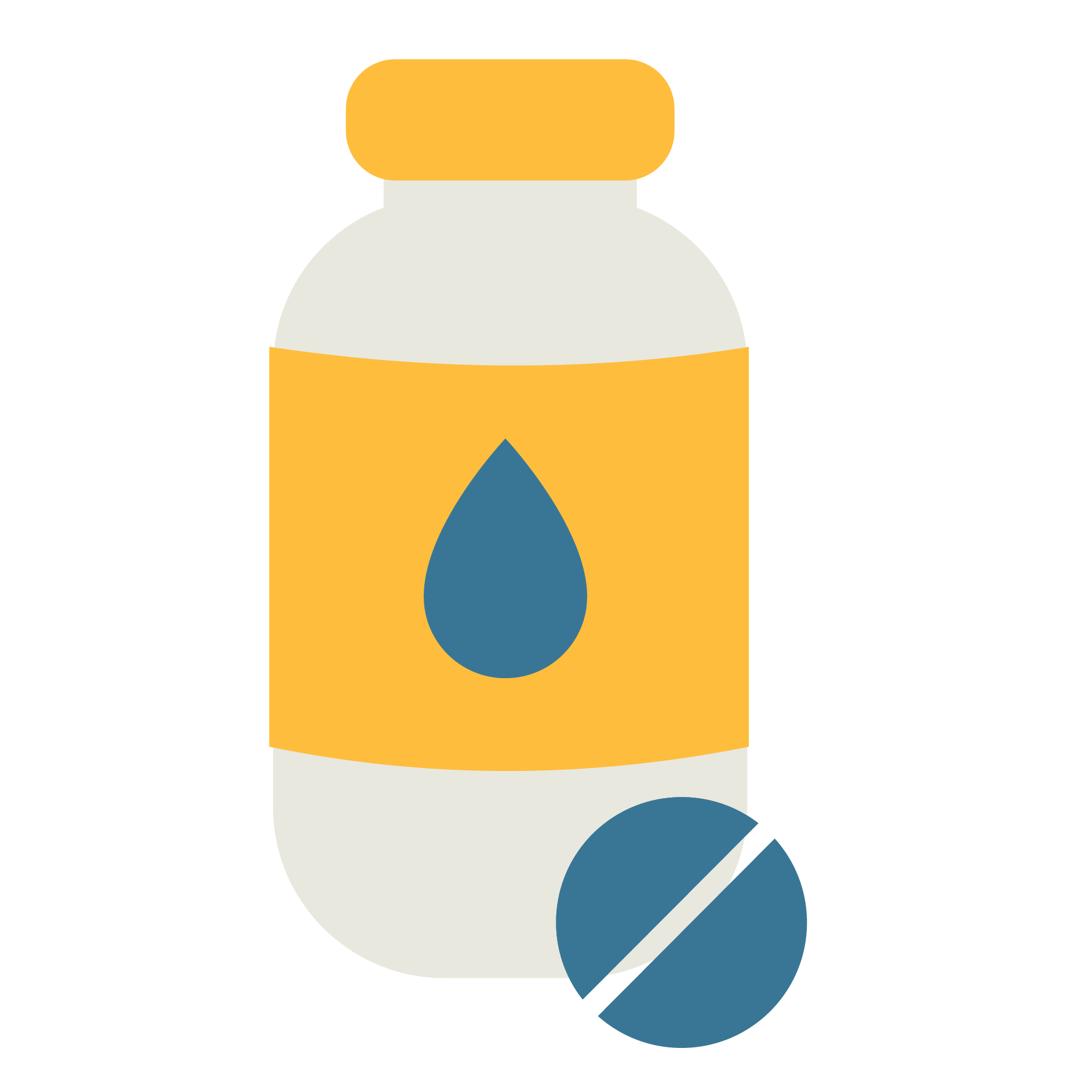 Water Pills
Water Pills
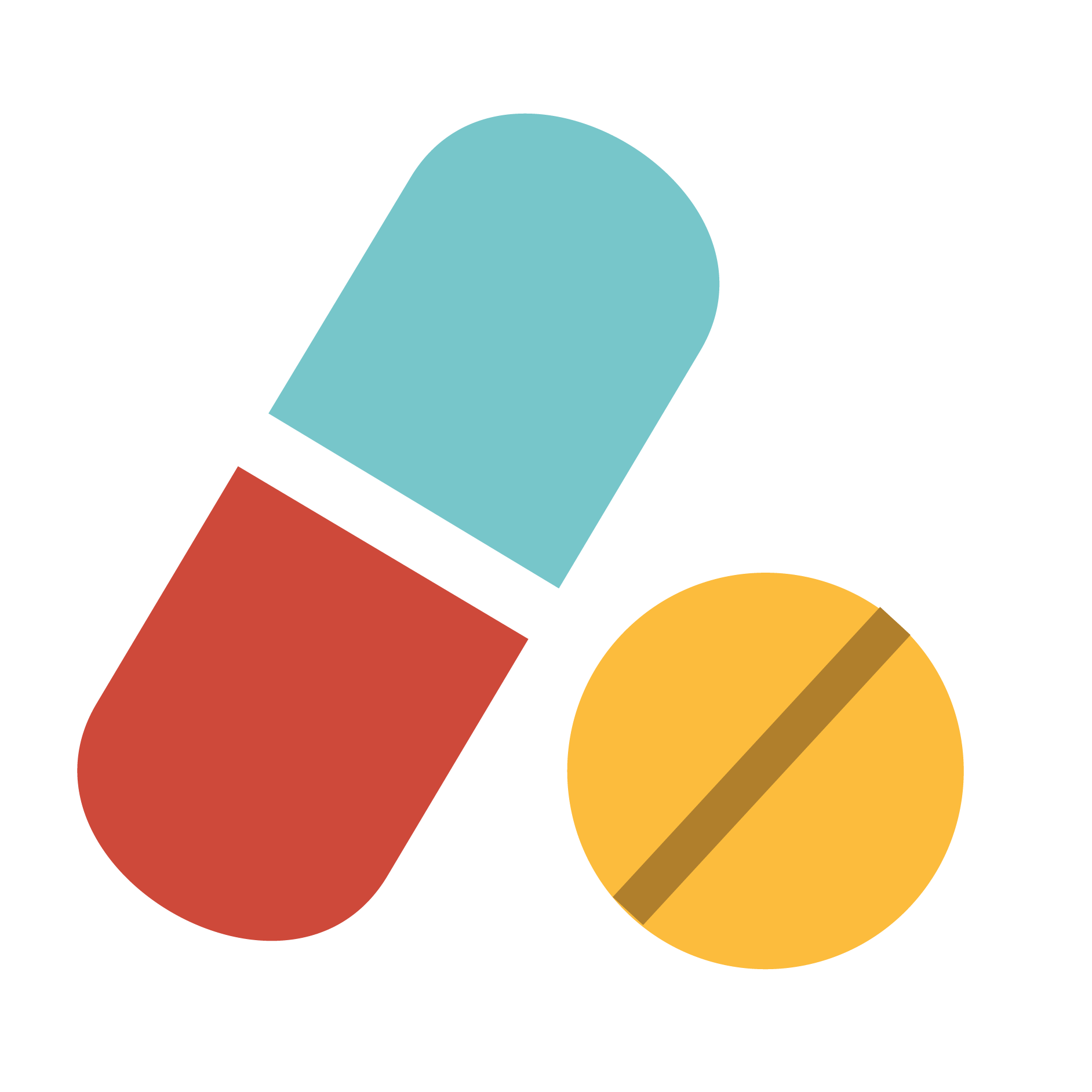 Anti-inflammatory Pills
Anti-inflammatory Pills